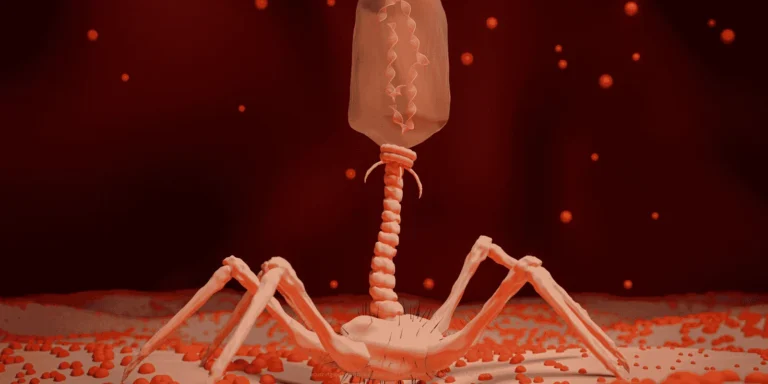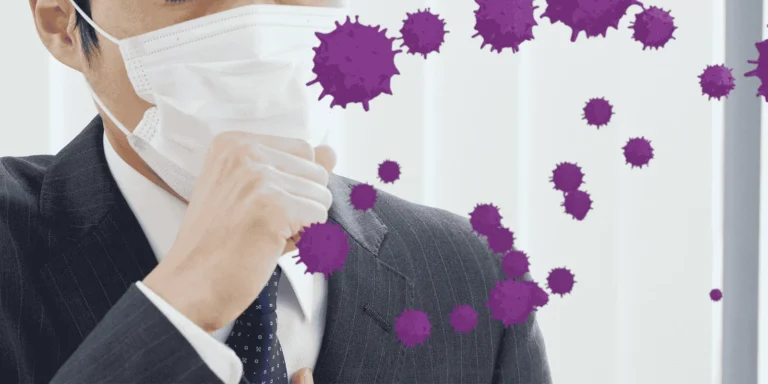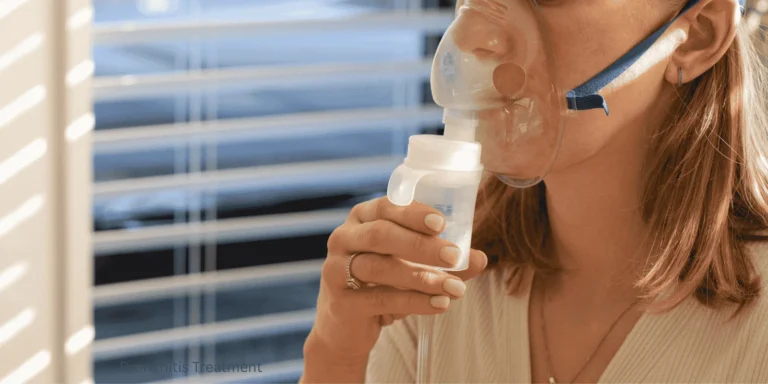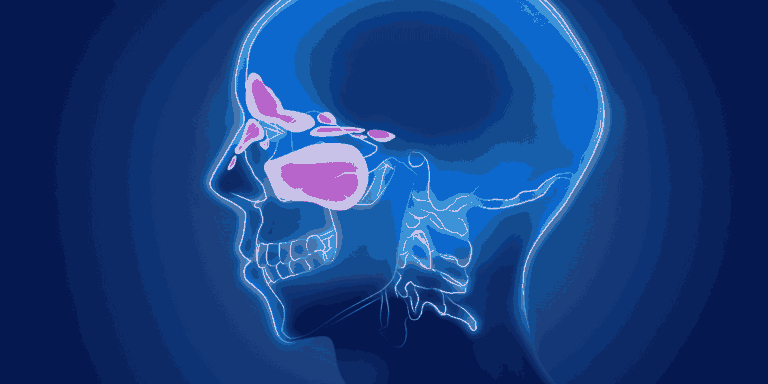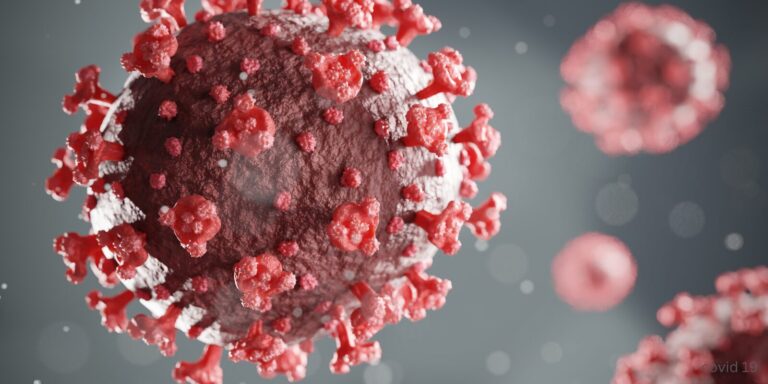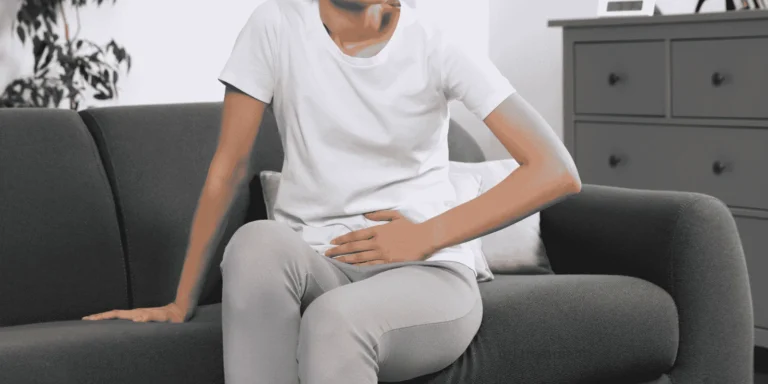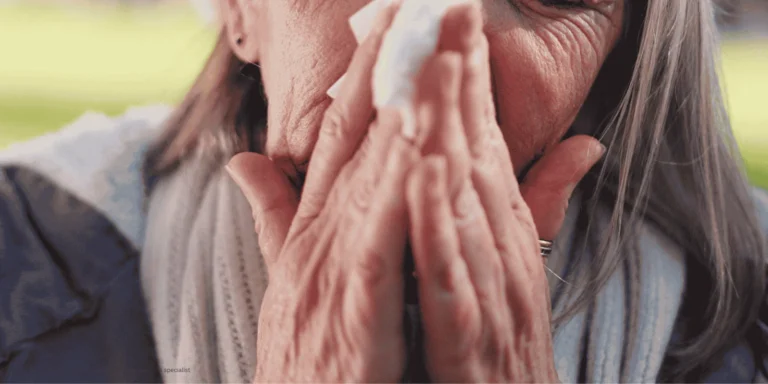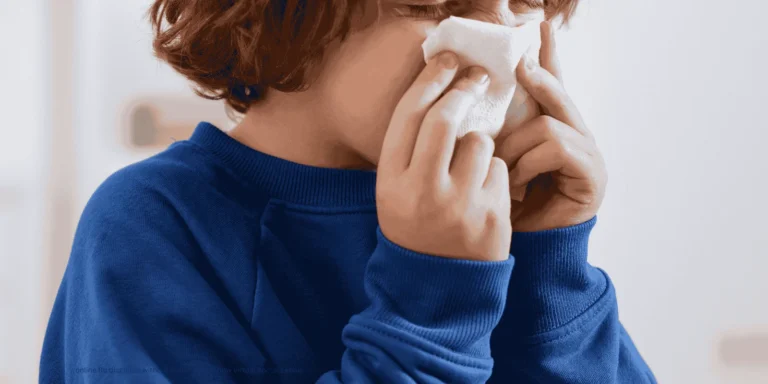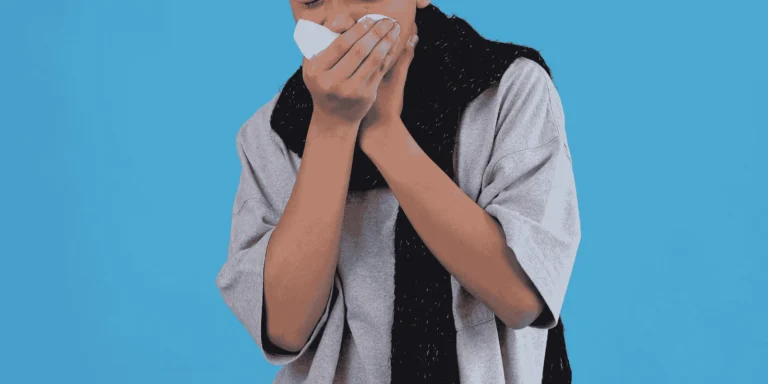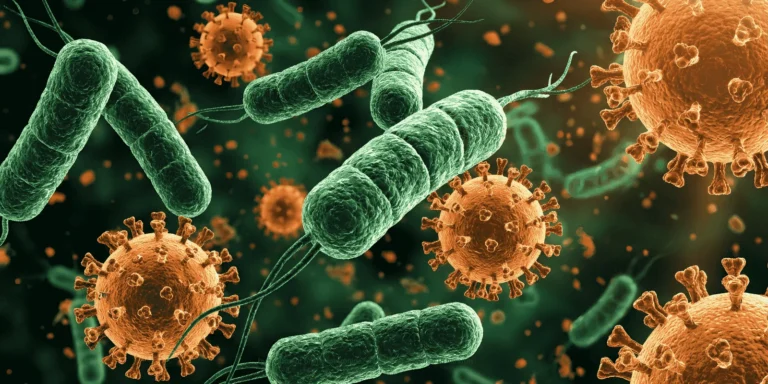Oral thrush—a yeast infection in your mouth—can be uncomfortable and frustrating. Most people want to know exactly when they’ll feel better once treatment starts. The answer depends on several factors, but I can give you realistic expectations.
Here’s what typically happens during thrush treatment and recovery.
With Proper Treatment: 1-2 Weeks
When you’re using the right antifungal medication, most cases of oral thrush clear up within 7-14 days. You’ll usually notice improvement within the first few days of treatment.
The white patches in your mouth start shrinking and becoming less painful. Your sense of taste returns. Eating doesn’t hurt as much.
I had a patient last month who called after three days of treatment worried it wasn’t working. I explained that full healing takes time even though she was already improving. By day seven, the thrush was nearly gone.
Factors That Speed Recovery
Taking your medication exactly as prescribed makes the biggest difference. If you’re using antifungal lozenges, you need to let them dissolve slowly in your mouth—don’t chew or swallow them.
For liquid antifungal (nystatin), swish it around your mouth for several minutes before swallowing. The medication needs contact time with the infected areas.
Good oral hygiene helps. Brush your teeth gently but thoroughly. Rinse your mouth after meals. Replace your toothbrush once treatment starts to avoid reinfection.
What Slows Healing
Certain conditions make thrush harder to clear. If you have diabetes, especially if it’s poorly controlled, healing takes longer. High blood sugar feeds yeast growth.
People with weakened immune systems—from HIV, cancer treatment, or immunosuppressive medications—often need longer treatment courses, sometimes 2-4 weeks.
Continuing to use inhaled steroids without rinsing your mouth afterward can prolong thrush. If you use these medications, always rinse and spit after each dose.
Smoking slows healing of oral tissues and can make thrush worse. This is a good time to quit or at least cut back.
Babies and Thrush
Infant thrush usually clears within a week with proper antifungal treatment. The tricky part is that nursing mothers need simultaneous treatment on their nipples, or mom and baby keep reinfecting each other.
I’ve seen thrush bounce back and forth between mother and baby for weeks when both weren’t treated together. Treating both at the same time solves this problem.
Recurring Thrush Takes Longer
If you’ve had thrush multiple times, your doctor might recommend longer treatment—up to a month—to fully clear the infection and prevent immediate recurrence.
We also need to investigate why it keeps coming back. Underlying health conditions, medication side effects, or denture issues might be contributing.
When It’s Not Getting Better
If your thrush hasn’t improved at all after a week of treatment, contact your doctor. You might need a different antifungal medication or a higher dose.
Sometimes what looks like thrush is actually another condition. Through our chat-based telemedicine system, I can assess photos and symptoms to determine if your treatment plan needs adjustment.
Preventing Recurrence
Even after thrush clears, take steps to prevent it from returning. Rinse after using inhaled steroids. Keep your mouth clean. If you wear dentures, clean them thoroughly daily.
Limit sugar in your diet—yeast thrives on sugar. If you have diabetes, work on better blood sugar control.
Most people can expect significant improvement within a week and complete resolution within two weeks with appropriate treatment. Patience and consistency with medication are key.

